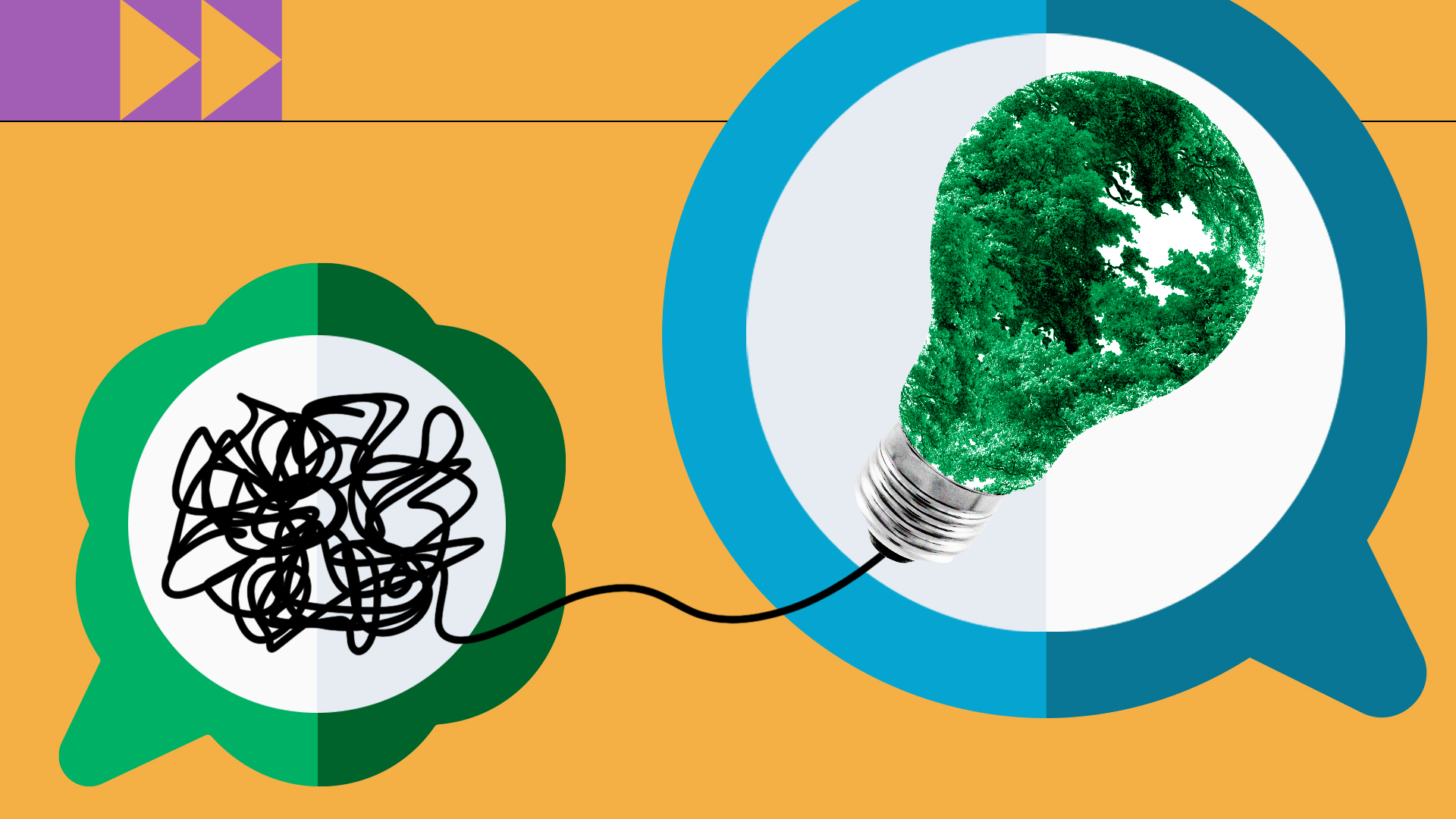The Indonesian vice-president debate that was conducted last December is emerging public speculation — as per usual. One thing that mostly stole the concern was when the vice-president candidate Gibran asked the question of carbon capture regulation, and the other candidate Mahmud MD answered with only how to formulate the regulation as general and without explaining the carbon context. Some people were praised, disliked, and confused by the question. Praised because of the young Gibran managing the forum, disliked because Gibran’s question was not that substantive, and confused because the term is not familiar. I was watching the debate with my mom, a very traditional Javanese woman, and she asked me at that time:
“Maksud bapaknya apa sih tadi, carbon capture?” (english: what does he mean by the carbon capture, sorry?)
I explained the concept but still did not know whether she got it or not. Then I thought, we lost the translation.
Only after the debate finished, did many official news media publish their post on social media regarding what has been discussed before including the carbon one. I read one of the comment boxes and many asked why few people are aware of the climate issues, and some asked why it is important. I swear that the climate and environmental-related topic has been echoed in the air of Indonesian media, since a very long ago. Not only that, but the government also along with the civil society organizations has spread the programs with regards to climate awareness as continuity. I do not want to say that they failed.
There is a way of blaming people who are not aware of the issue, the illiterate people so that is egoistic — which I kind of disagree with. Instead, I witnessed that people who lose faith in the ongoing earth’s havoc are college students or have graduated at least. There is also a mainstreaming agenda to educate the poor to live green, which is good because it channels the information gap. However, it is still a missing pattern and thus does not work in the end. Here I am not only talking in the context of Indonesia, but most of the world.
The important thing for the public to be aware of the climate issue is the understand of the topic through the appropriate and not that sophisticated language. Sometimes the government has been formulating a good policy and program to tackle issues such as air pollution, but they usually use ‘high terms’ to frame the urgency so most audiences fail to connect the dots. This is just the same case with the Think Tanks on how they bridge the knowledge and policies and become applicable to the public.
Words like atmosphere, biodiversity, and carbon emission, are indeed simple words but it is quite challenging to deliver for the public as a whole. Bridging those words to understand, we are usually analogue to the other event such as what we may have familiar with the situation of being trapped in a locked car. Thus, here the analogy plays its role to help explain a better message to audiences. The analogy approach, however, seems to have challenges especially whenever the audience does not relate to the event, so the culture and social context need to be involved.
Furthermore, the challenge to make policies and knowledge work is at another level when it comes to non-English speaking countries, most of them are the global south countries. When an English term is used to explain the meaning, sometimes and mostly it fails to deliver to the people. This is the same case with Gibran’s question on using the term ‘Carbon Capture and Storage’. English is just good for international communication, but it is not always applicable to all.
Here the urgency to reach two-degree target is not only needing science and technology, but also arts. Artist is the profession that has the skills to share ideas smoothly so that their audiences have the same feelings. Collaboration between scientists, policymakers, and artists is vital to achieve climate goals. Scientists and academicians produce research-based formulations, policymakers regulate scientific-based policies, and artists orchestrate them to create a smooth message. Many found an example that implemented this approach when the ‘environmental protection’ program was delivered by street artistical in their indigenous language. In Indonesia, we may find that there is Wayang Godhong (Javanese Puppet performance) that brings the characteristic of ecological realism through the story.
Understanding knowledge is a privilege, but it does not mean the middle-and-low-income society is only the target to educate. The biggest contributors to greenhouse gasses are the rich, and 10% of them are responsible for around half of global emissions.[1] Hereby our mission is also to formulate the translation of climate vision and their economic interest. This could be challenging since the consumerized culture comes along with massive globalization, but this problem needs to be tackled to avoid what we know as the ‘Tragedy of the Common’.
Spreading the understanding of climate urgency is neither only the task of scientists nor the government, but this is us included. No matter our role, we actually know how and have the capability to communicate the path in our community-based language. We know the strategy has an opportunity to encourage climate awareness; so, we could do the same and sustain it.
Sometimes we need to decolonize the way we communicate and speak to public with (indigenous) language that we all understand, to make our message clear…
In my prayer, I hope we can stop the clock of the upcoming apocalypse (or achieve the climate target) no more than 2050 — As it is optimistic and pessimistic, too.
[1] The Carbon Inequality Era: An assessment of the global distribution of consumption emissions among individuals from 1990 to 2015 and beyond (sei.org)

